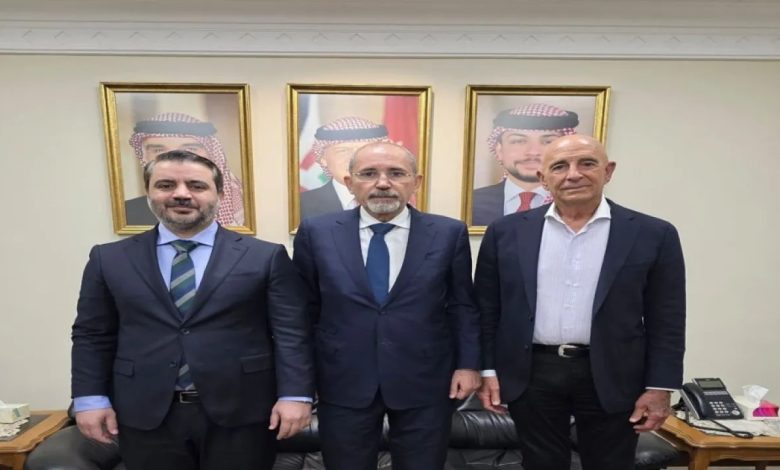Reconstruction and Security in Syria on the Negotiation Table at the Amman Meeting

The main topics discussed at the meeting included enhancing security, restoring state sovereignty, and focusing on solidifying the ceasefire in Sweida after clashes that claimed many lives, as well as agreeing to deploy Syrian security forces in the province and releasing detainees. Emphasis was placed on supporting community reconciliation and preventing sectarian violence. Reconstruction and international investments were also discussed.
Major recently signed projects were discussed, such as the Qatari-Turkish-American energy agreement worth $7 billion, and Saudi investments amounting to $6.4 billion in infrastructure.
Additionally, 12 developmental projects (such as the Damascus Metro and its new airport) worth $14 billion were addressed. The gradual lifting of American sanctions and its impact on attracting investments were also discussed.
U.S. Ambassador Tom Barak emphasized Washington's commitment to a unified and stable Syria. Jordan also praised the Syrian government's commitment to holding accountable those responsible for violations in Sweida.
Current challenges include the security situation and the complexities of reconstruction, as there is an urgent need for legal guarantees to attract investors and the slow implementation of projects despite major announcements.
If negotiations succeed, Syria may witness more stability and the beginning of actual reconstruction, especially in light of strengthening relations with Gulf countries and the West.
The Amman meeting represents a serious attempt to advance the peace process and reconstruction, but its success depends on the actual implementation of security and economic agreements, continued international support without complicated political conditions, and cooperation among Syrian parties to ensure a peaceful transition.